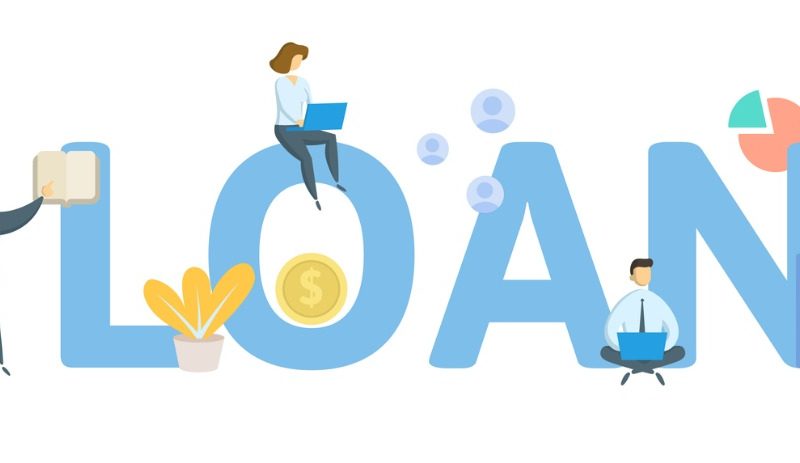Home loan fees you may encounter
Most home loans come with their share of fees. Don’t fret over the length of this list, as you probably won’t be subject to all of them. You may even be able to convince your lender to nix a few.
It’s also not an exhaustive list as every lender has its own fee schedule.
| Important
Make sure you understand your lender’s specific fee schedule as it can differ from lender to lender. |
Without further delay… your list of the most common home loan fees you might see:
Upfront fees
These are one-off upfront fees you may encounter at the beginning of the home loan process. They may include fees to your lender and to interested third-parties like the government and your solicitor.
Upfront lender fees
- Application fee. Also be called an establishment fee and it pays for the lender to organize your loan whether you settle or not. Some lenders will waive this fee.
- Valuation fee. Pays for a qualified independent valuer to assess your home’s value. Some application fees may cover this up to a certain amount, with you paying any difference.
Upfront government fees
- Stamp duty. A percentage of the total cost of your property, which goes to your state’s revenue department (percent varies by state). It’s more of a tax than a fee.
- Mortgage registration fee. Pays the state to register the purchased property as the security on the home loan.
Other upfront fees
- Conveyancing fees. Fees paid to your solicitor or conveyancer (if you choose to use one) to help you prepare and organise your contract.
Ongoing fees
These are regular, ongoing fees you may have to pay your lender throughout the life of your loan.
- Monthly service fees. A regular monthly account-keeping fee.
- Annual fees. A yearly fee that usually only applies to package home loans, which are home loans bundled with other financial products.
Exit fees
These are one-off fees you may have to pay when you pay off or close out your loan.
- Discharge fee. Also called a settlement fee, this applies when you close out your loan (ie, pay it off, sell your property or refinance).
- Early-repayment fee. Applies when you pay off your loan early. Lenders can charge this on any fixed-rate loan but cannot charge this on variable-rate loans approved from 1 July 2011*.
Special fees
These are fees you might have to pay if you’re taking out a special type of loan, like a fixed-rate loan or low-deposit loan.
- Rate lock fee. A special fee to lock in your rate with a fixed-rate loan.
- Security guarantee fee. A special fee that applies when you have a guarantor on your loan.
- Lenders Mortgage Insurance (LMI). An insurance premium that applies when you take out a low-deposit loan (usually under 20% deposit).
- Redraw fees. Apply when you withdraw funds from a loan account that you’ve made extra repayments into.
Bottom line
Fees are a fact of life, especially for a financial product you’ll carry with you for a long time. It’s important to become familiar with this list before you start researching home loans. That way you won’t be caught off guard when you do come across these fees in your search and you’ll know what you’re talking about when it’s time to negotiate your loan terms.
The information in this blog post is general in nature and does not constitute personal financial or professional advice. It is not intended to address the circumstances of any particular individual. We do not guarantee the accuracy and completeness of the information and you should not rely on it. Before making any decisions, it is important for you to consider your personal situation, make independent enquiries and seek appropriate tax, legal and other professional advice.
*https://www.legislation.gov.au/Details/F2019C00090
Credit Simple
Credit Simple gives all Australians free access to their credit score, as well as their detailed credit report. See how your credit score compares by age, gender and community and gain valuable insights into what it all means.
All stories by: Credit Simple


